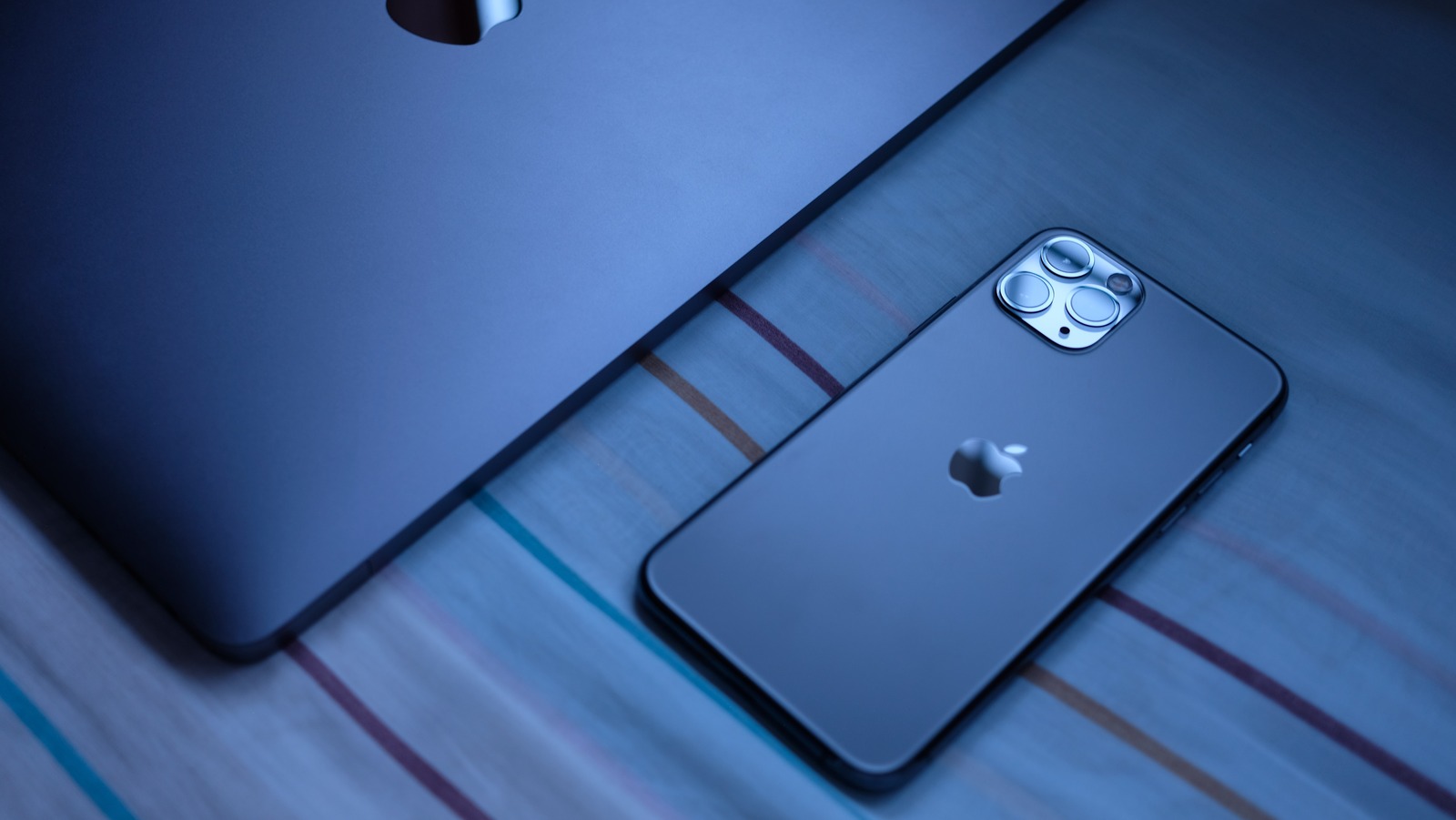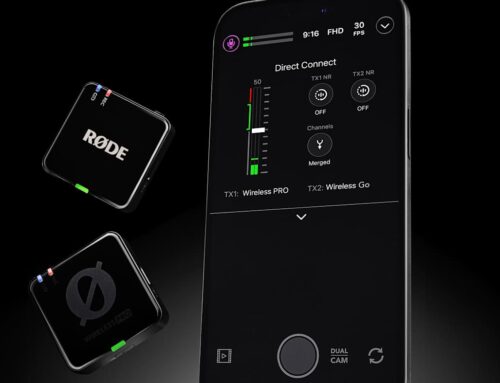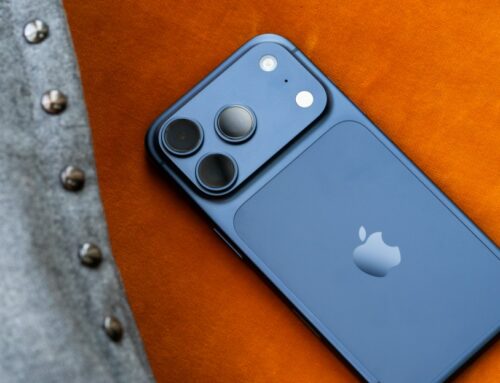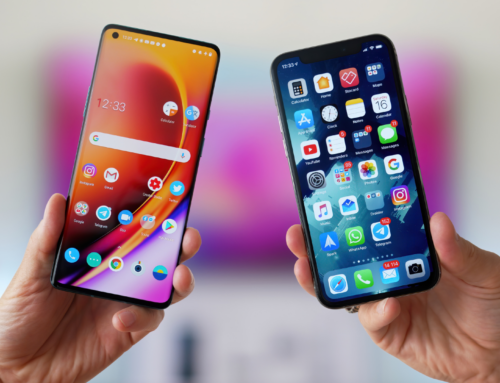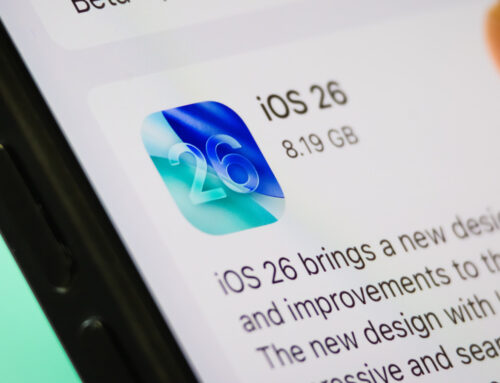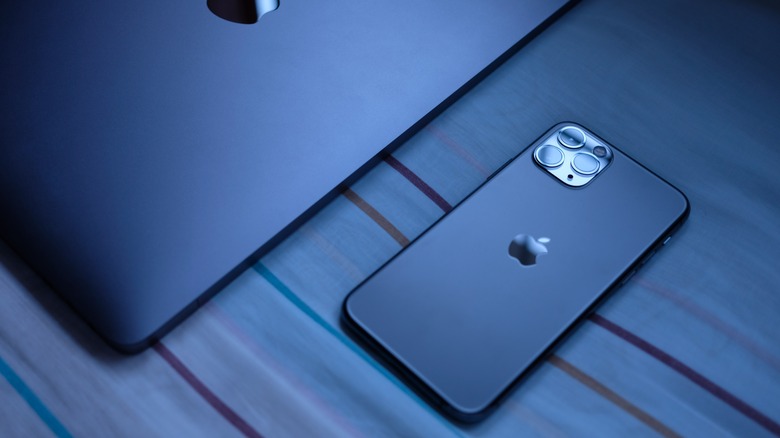
Apisorn/Getty Images
Outsource manufacturing has been a subject of intense debate in the United States for decades. Critics claim that outsourcing has led to wage stagnation and increased domestic unemployment, while reducing product quality and exploiting lax labor laws in developing countries. Proponents, on the other hand, argue that it has made American companies more competitive, while having a positive impact on economic development in the Global South and contributing to lower consumer prices.
Tech companies have found themselves at the center of this debate, dealing with intense scrutiny over their practices. Apple, in particular, has faced strong criticism from the public and media alike, including accusations of highly unethical labor practices. Arguably as a result of these allegations, there is a widely held belief that Apple products, including iPhones and iPads, are manufactured and assembled exclusively in China. The truth is a bit more complicated. Here’s how the Apple supply chain really works.
What does Apple say?
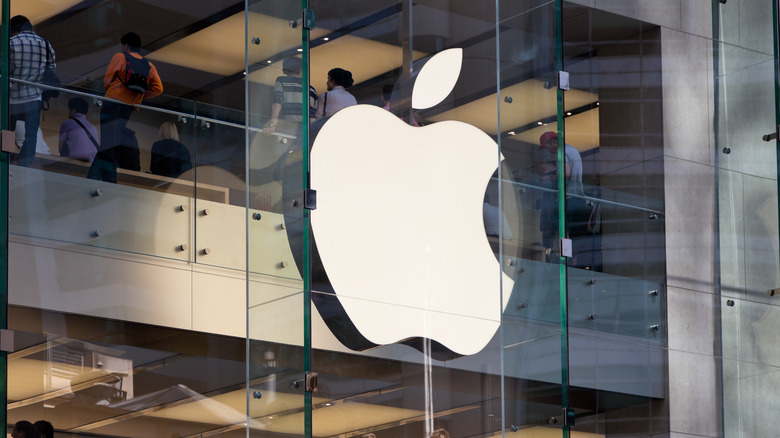
Philldanze/Getty Images
Apple publishes lengthy supply chain reports once a year. These are essentially PR documents and the claims made in them should be taken with a pinch of salt, but they provide some valuable insights into how the company operates. In the most recent report, Apple acknowledges that its supply chain spans over 50 countries. This global network includes over 3 million people, and thousands of facilities.
In the report, Apple also boasts about supporting various human rights and environmental regulations, while ensuring its suppliers are regularly assessed by third-parties. According to Apple, more than half a million supplier employees were surveyed and interviewed by independent bodies in 2022 alone. The suppliers that fail to meet the company’s Code and Standards are barred from entering the chain, the report says.
In a separate document that details how Apple works with companies around the world, it is stated that suppliers are held to high standards, which includes aligning with international labor rules and human rights principles. The document even touches on child labor, stating that if such practices are discovered, the supplier is “required to immediately prevent the employee from continuing to work, and return the underage individual to his or her home safely.”
Are iPhones and iPads made in China?
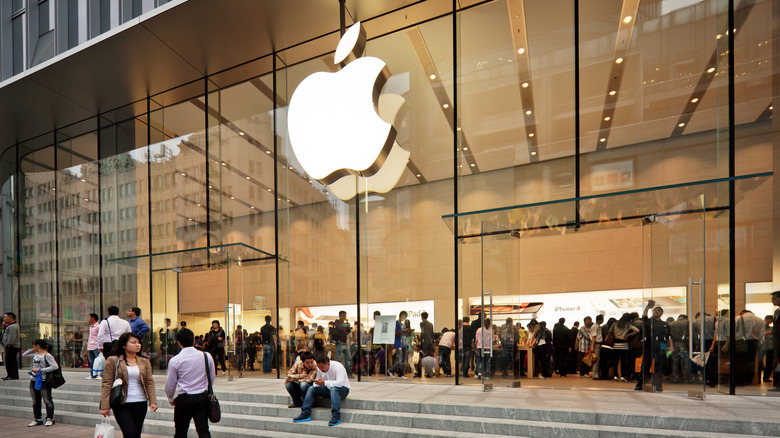
Nikada/Getty Images
Where are iPhones and iPads actually made, then? The official Apple supplier list — a simple list, free of corporate doublespeak — contains some valuable information. About two dozen different countries are mentioned in the document. This includes the United States and several European nations. China tops the list, however, underscoring how important of a role it plays in the development and manufacturing of Apple products, including iPhones and iPads.
The Apple supply chain is more complex than conventional wisdom suggests, but China plays an indispensable role in it, at least for the time being. So, here’s the bottom line: iPhones and iPads contain components from all over the world, but they are mostly made in China. In recent years, Apple has shifted some of its production to countries such as India, but a serious decoupling from China is most likely not happening anytime soon.

